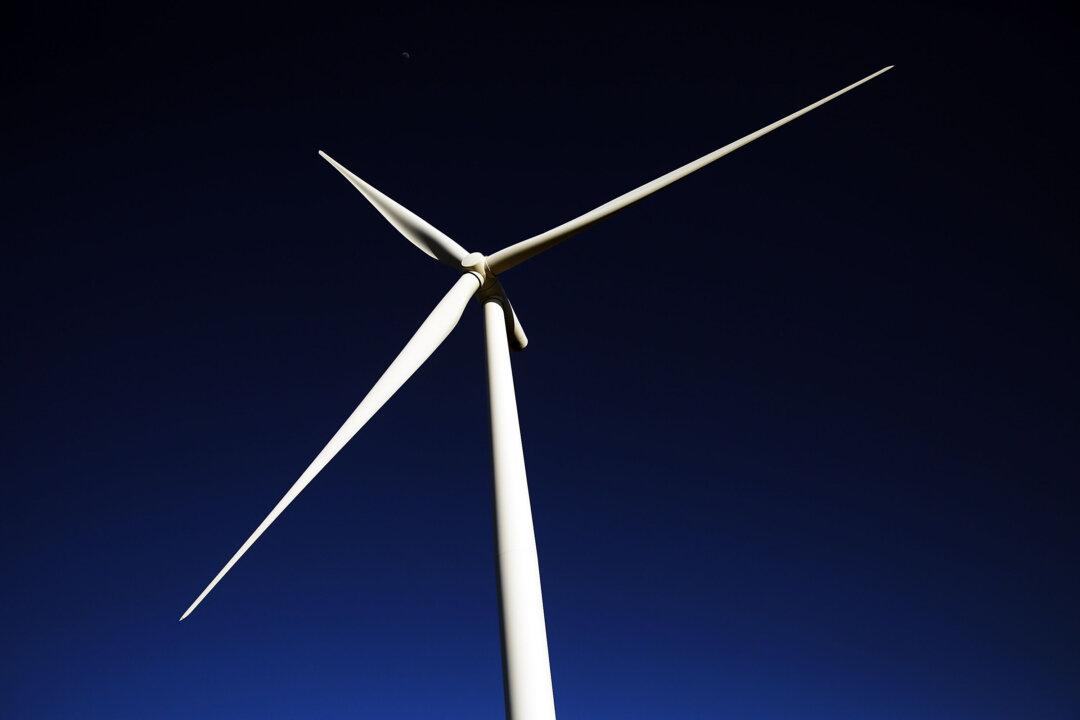The government of Alberta says it is alarmed by reports that the federal government is considering withholding tax credits and programs from provinces that do not commit to a net zero grid by 2035.
On Aug. 8, Ottawa unveiled what it calls a “vision for a clean, affordable and reliable electricity system to power Canada forward.”





